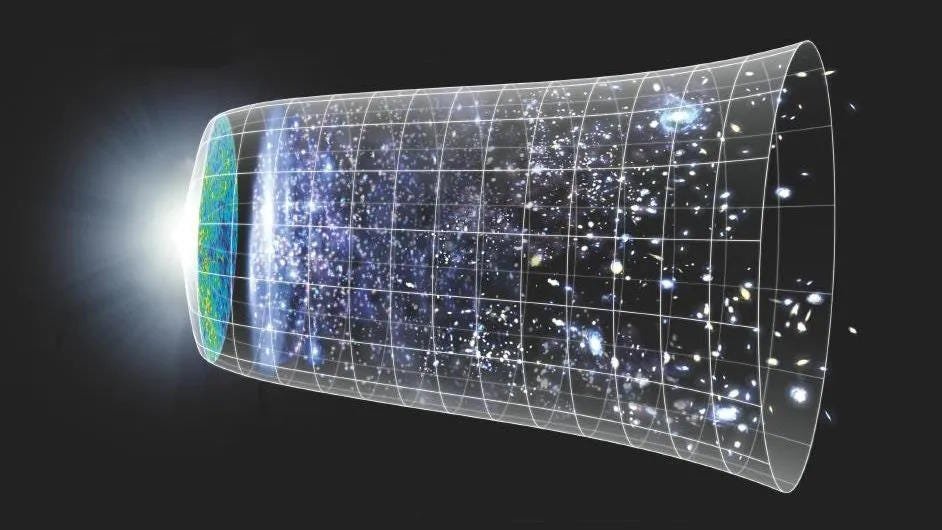If you said “with the Big Bang,” congratulations: that was our best answer as of ~1979. Here’s what we’ve learned in all the time since.
One of the biggest questions — perhaps the biggest question of all — that we can ask about our Universe is where, if we go all the way back, it came from. Before the stars and galaxies, before the emergence of atoms, before the very first moment of time ever passed-and-elapsed, how did it all begin? It’s a question that many of us wonder about, and a question that, despite our best efforts, science still doesn’t have a convincing, compelling answer for that’s supported by actual, measurable data.
Still, it never hurts to ask the biggest questions of all, and take stock of where we are at present. That’s what both Jeff Pawlowski and Basil Hammer want to know, writing in to (respectively) ask:
“I would like to read a discussion on why the big bang took place, the very [first] one, and not the simple answer that ‘[this] is a recurring event.’”
“[I]f eternal inflation is true, but time is still finite, where [might] the universe have come from? Because there still needed to be a beginning, right?”
To dive into this question and truly do it justice, we’re going to have to separate out three commonly confused and conflated things, and then talk about all three:
- The hot Big Bang, as it applies to our Universe,
- The theory of cosmic (or cosmological) inflation, and how it precedes and sets up the Big Bang,
- And then the question of an ultimate beginning or origin to our Universe, and how both inflation and the original idea of the Big Bang are dissatisfying for providing such an answer.
The hot Big Bang
In the early 20th century, four important pieces of information — one theoretical and three observational — came together in an absolutely revolutionary way. They were as follows:
- On the theoretical front, Alexander…

